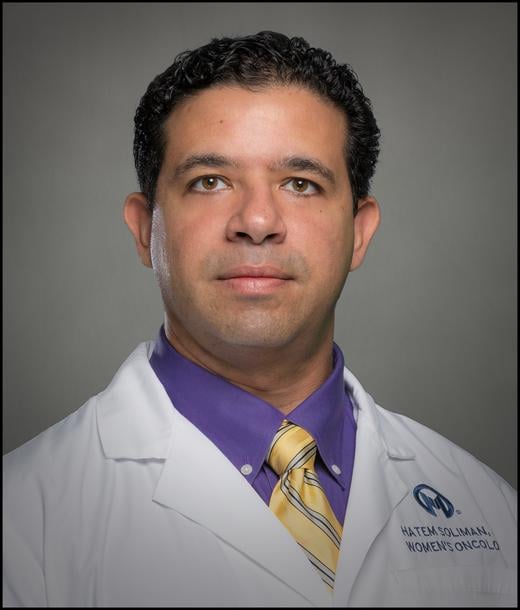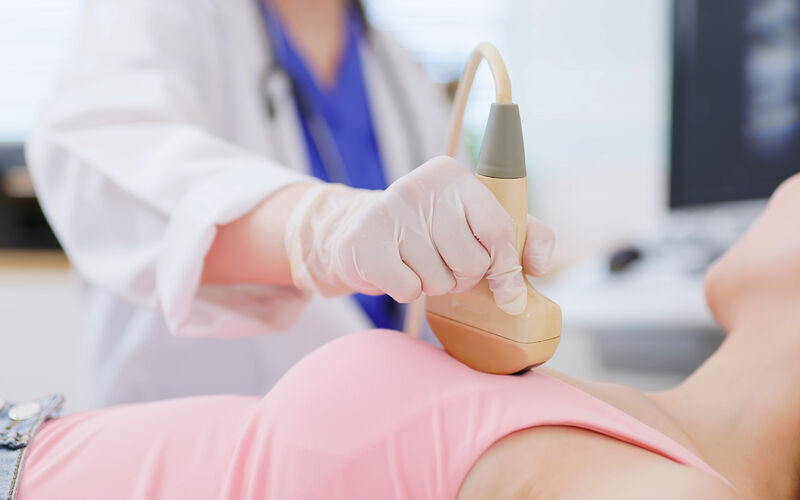Breast Cancer Diagnoses and Deaths Expected to Increase Globally
Breast cancer diagnoses and deaths are projected to surge around the world by 2050, according to data released by the World Health Organization.
🆕analysis by IARC & collaborators projects breast #cancer cases & deaths to rise🗺️wide.
— IARC (@IARCWHO) February 24, 2025
Analysis evaluates latest & future burden of female #BreastCancer in ~50 countries with high-quality population-level cancer data.
Published in @NatureMedicine.@WHOhttps://t.co/GkOmxQbb2Z pic.twitter.com/Y27skndinb
The agency predicts breast cancer cases will rise 38% and deaths 68% over the next 25 years. That equates to 3.2 million new cases and 1.1 million deaths a year worldwide if current trends continue.
The data, published in the journal Nature Medicine, outlines several factors that could contribute to the increase, including:
- Aging populations
- Lower childbearing rates in women/not breastfeeding
- Obesity
- Alcohol intake
- Hormonal/environmental exposures
The study also points out that the burden of breast cancer is not equal across the world. Diagnosis rates were highest in Australia, New Zealand, North America and northern Europe, and lowest in Asia and Africa. However, death rates were highest in Melanesia, Polynesia and West Africa.

Hatem Soliman, MD
“These factors and higher screening rates are all contributing to higher incidence of breast cancer in developing countries, especially the spike that is seen in women under 50,” said Hatem Soliman, MD, a medical oncologist in the Breast Oncology Department at Moffitt Cancer Center. “However, the better health care in developed countries means relatively fewer women will die of their disease. The opposite is true in developing countries where the populations are younger and women have more children and breastfeed, so the incidence is lower. But those who do get breast cancer are detected late and don’t have access to good treatments, so they are more likely to die from breast cancer.”
About one quarter of breast cancer cases can be prevented by making lifestyle changes. Soliman recommends eating a diet rich in fruits and vegetables and low in processed foods and saturated fat, exercising regularly and avoiding alcohol and tobacco.
“Get regular checkups and mammograms,” he said. “If you have a strong family history of breast cancer in first degree relatives, ask your doctors if you need to be tested to see if you are a candidate for risk-reducing interventions that may include medications or prophylactic surgery.”




